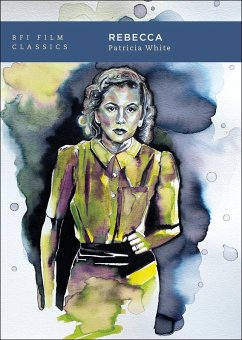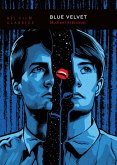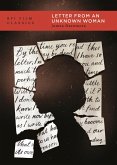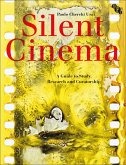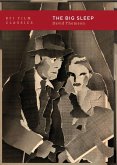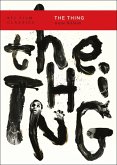The 1940 film adaptation of Daphne du Maurier's gothic romance Rebecca begins by echoing the novel's famous opening line, 'Last night I dreamt I went to Manderley again.' Patricia White takes the theme of return as her starting point for an exploration of the film's enduring power. Drawing on archival research, she shows how the production and reception history of Rebecca, the first fruit of the collaboration between Hollywood movie producer David O. Selznick and British director Alfred Hitchcock, is marked by the traces of women's contributions.
White provides a rich analysis of the film, addressing the gap between perception and reality that is constantly in play in the gothic romance, and highlighting the queer erotics circulating around 'I' (the heroine), Mrs Danvers, and the dead but ever-present Rebecca. Her discussion of the film's afterlives emphasizes the lasting aesthetic impact of this dark masterpiece of memory and desire, while her attention to its remakes and sequels speaks to the ongoing relevance of its vision of gender and power.
White provides a rich analysis of the film, addressing the gap between perception and reality that is constantly in play in the gothic romance, and highlighting the queer erotics circulating around 'I' (the heroine), Mrs Danvers, and the dead but ever-present Rebecca. Her discussion of the film's afterlives emphasizes the lasting aesthetic impact of this dark masterpiece of memory and desire, while her attention to its remakes and sequels speaks to the ongoing relevance of its vision of gender and power.

